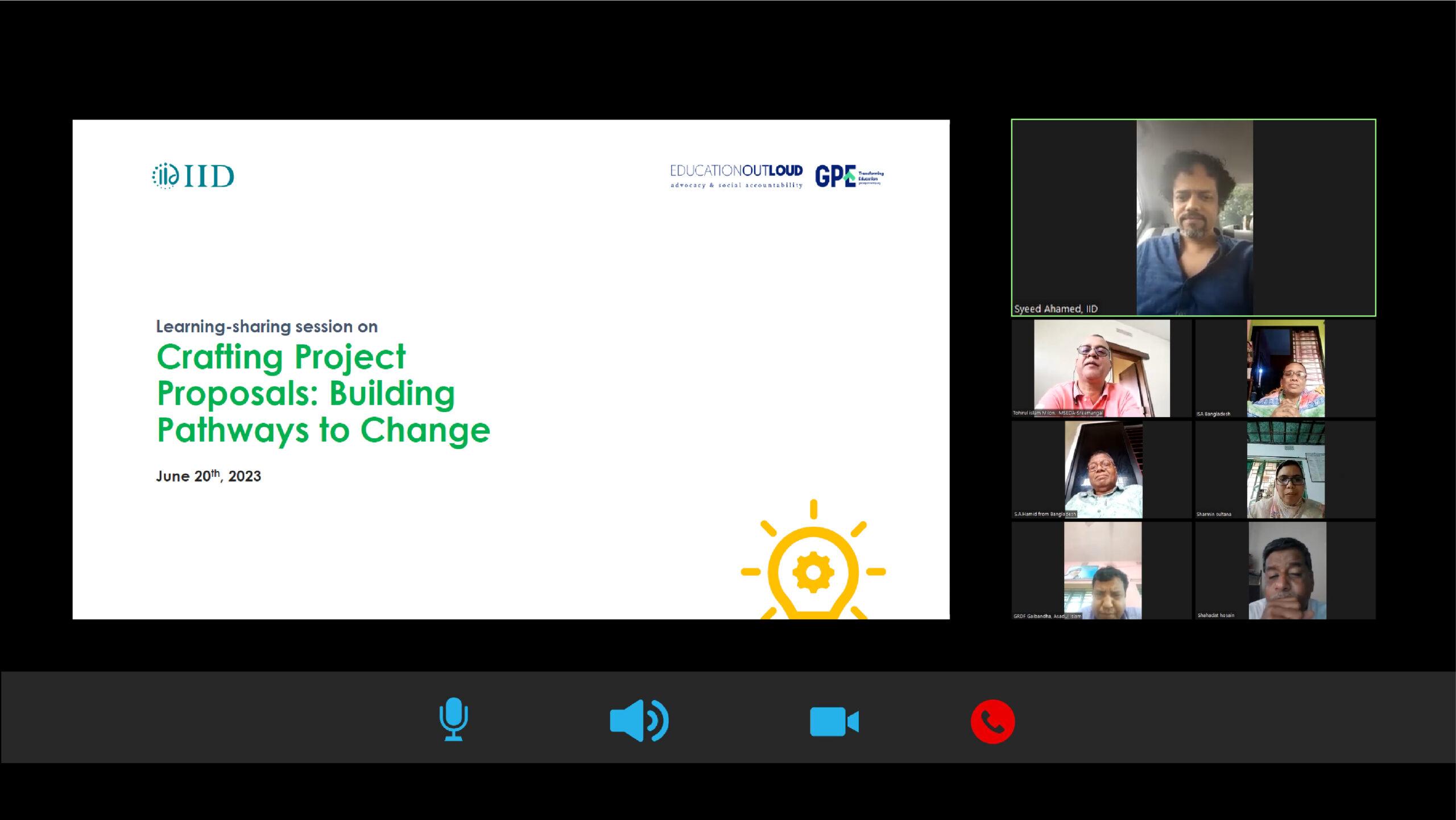MD. Zarif Rahman, Research Associate, IID
In the realm of scientific inquiry, the tangible outcomes of laboratory research often overshadow the subtler, yet profound impacts of social research. Oscar-winning films like Oppenheimer showcase the journey of theoretical physicists building atomic bombs, while series such as The Big Bang Theory and House M D portray the daily lives of lab scientists and medical practitioners. However, portrayals of social science or social scientists are rare in comparison. The journey of a social scientist is not marked by the invention of life-saving vaccines or the unveiling of cosmic secrets but by the nuanced understanding and shaping of societal dynamics.
As a graduate in the social sciences, I found myself at a crossroads, questioning the visibility and tangible impact of my field. This piece shares my journey from academic isolation to meaningful societal engagement, shedding light on how social research can extend beyond academia to truly impact communities.
During my undergraduate studies, I had the opportunity to engage in various research projects and contribute to journal articles. Despite these experiences, a sense of disconnect persisted. Was I making a positive impact? This question echoed the larger problem that many in the field of social research face. Often, our work culminates in presentations of findings and general recommendations, which, while valuable, may not directly resonate with or address the needs of the communities we study. This gap between academic insight and societal application is a critical issue in social research.
A shift in my journey occurred when I joined a think tank committed to making policy public through evidence-based advocacy. Here, the transformative element for me is “dialogue,” which has substantially elevated the utility of our research findings by catalyzing community-driven insights and actions. By engaging diverse community stakeholders in town hall meetings, we not only disseminated our findings but also facilitated a co-creation process where community members could directly contribute to interpreting the data and identifying tailored interventions. This approach has appeared critical in transforming abstract research outcomes into concrete, community-endorsed strategies for change, thereby enhancing the potential for sustainable impact and empowerment at the local level.
For instance, the Citizen Scorecard initiative marks an important experience for me in making social research matter. Initially aimed at evaluating citizen engagement in school budget processes, it revealed stark disparities in access to information and participation, especially among parents. Bringing these findings to town hall meetings, we united a varied group of stakeholders — parents, students, teachers, policymakers, and officials — to collaboratively address these issues. This dialogue led to meaningful changes, such as improved school facilities and increased parental involvement. Moreover, it spurred the ‘Citizen Participation in Budget’ movement, significantly raising parent awareness and engagement. This experience underscored the power of dialogue in turning research into societal progress, highlighting community engagement as a crucial element in the impact of social research.
The dialogue-driven approach, while enhancing community engagement and policy influence, encounters challenges. Organizing dialogues demands substantial time, financial resources, and coordination, straining project capacities. Reconciling stakeholders’ differing interests complicates consensus-building. Additionally, ensuring initiatives’ sustainability and measuring their impact are challenging, and heightened community expectations may lead to disillusionment if not promptly met. Recognizing these hurdles is vital for a balanced view of dialogue’s role in fostering social change.
Reflecting on my journey, from academic seclusion to active community engagement, it becomes evident that dialogue stands as the cornerstone of impactful social research, beckoning fellow scholars to step out of their comfort zones and embrace the transformative power of engagement. By embracing the voices and experiences of communities, we ensure our research does not just observe society but actively contributes to its betterment. The road to meaningful social research is paved with dialogue, not just as a methodological tool but as a bridge connecting the ivory towers of academia with the diverse realities of the world outside.
“By embracing the voices and experiences of communities, we ensure our research does not just observe society but actively contributes to its betterment.”
– MD Zarif Rahman
This OP-ED has been published in the Dhaka Tribune, Find it here: https://www.dhakatribune.com/opinion/op-ed/342870/from-ivory-towers-to-town-halls



